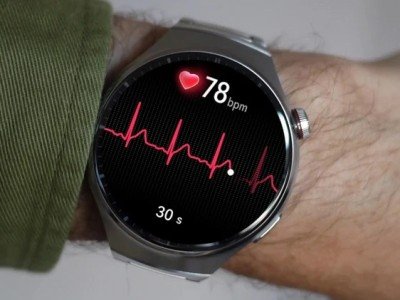Researchers at the University of Mississippi have developed a miniature wearable chip capable of detecting signs of a heart attack in real time with an accuracy of 92.41%. The breakthrough technology combines fast Fourier transform (FFT) for ECG signal analysis with artificial neural networks for classification.
The FFT method enables efficient processing of electrocardiogram data, while AI algorithms identify potentially dangerous anomalies. This integration significantly improves the accuracy of heart attack detection, making the system more reliable than many existing solutions.

Unlike other devices that rely on cloud computing, this chip performs all analysis directly on the device itself. This allows for instantaneous diagnostics—crucial in emergency situations where every second counts and early alerts can be life-saving.
While promising, the technology is not yet approved for medical use. It must still undergo rigorous testing and receive clearance from regulatory bodies such as the U.S. Food and Drug Administration (FDA). The research team plans to carry out a series of clinical trials before the chip becomes available to the public.
